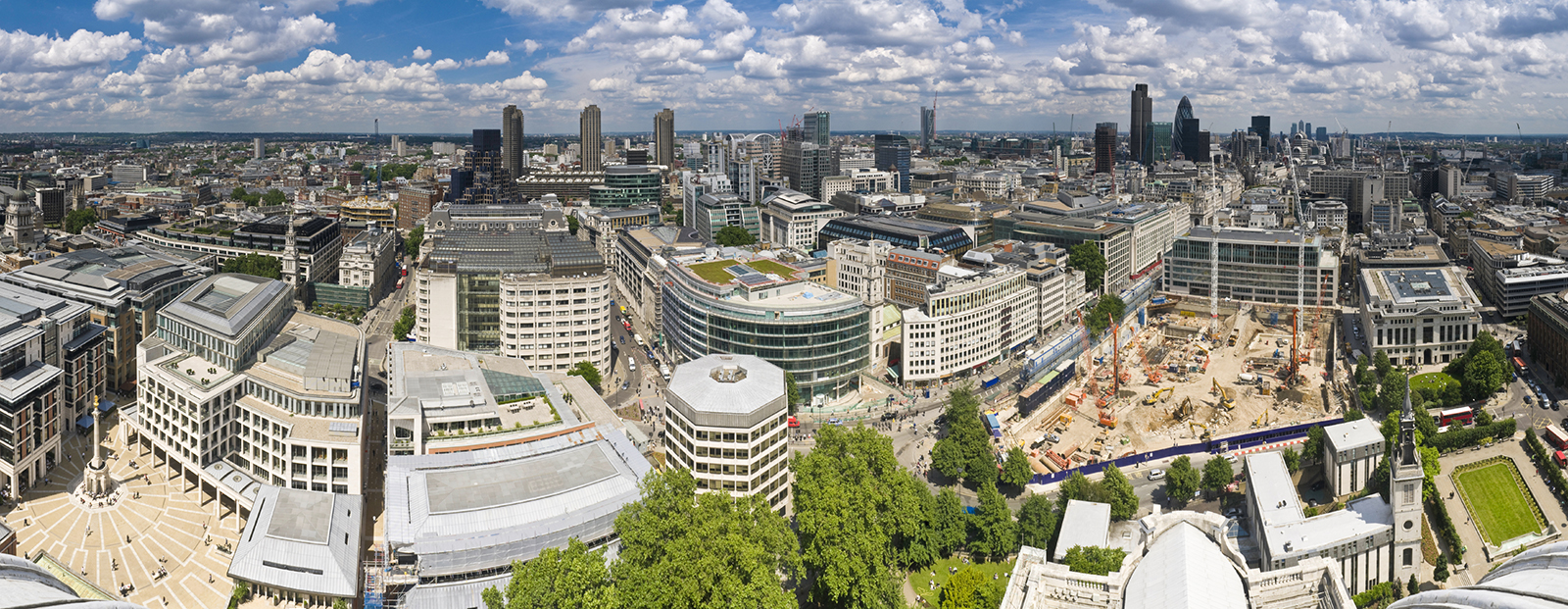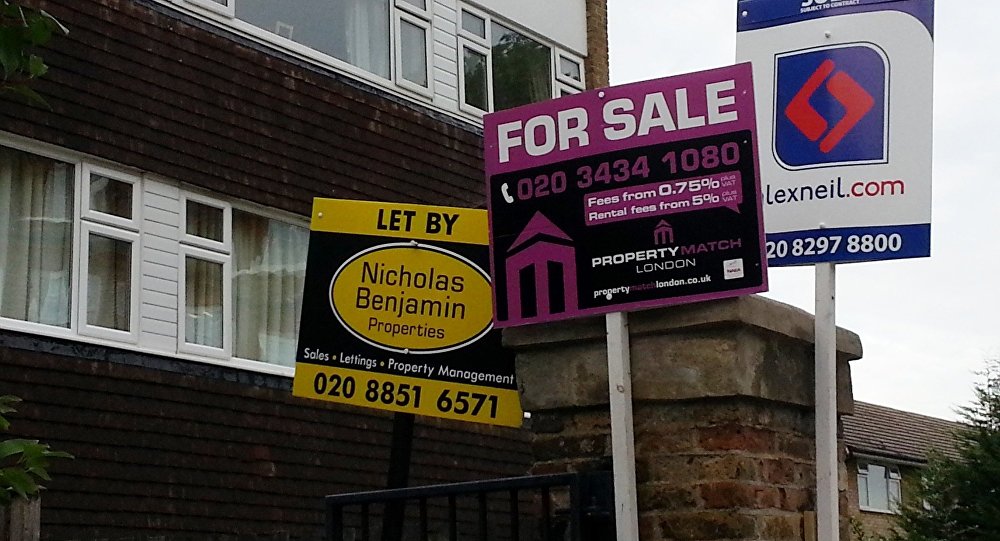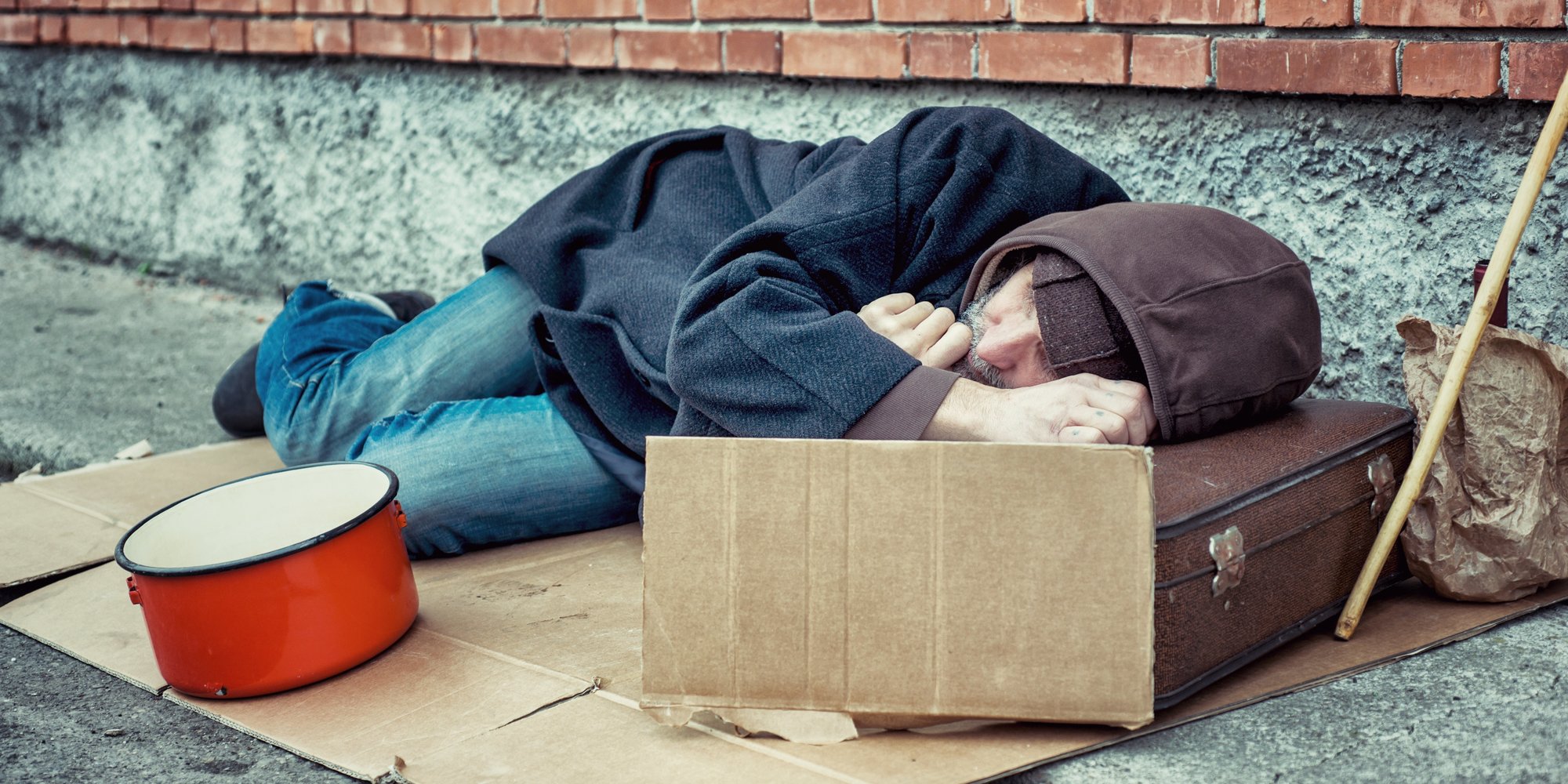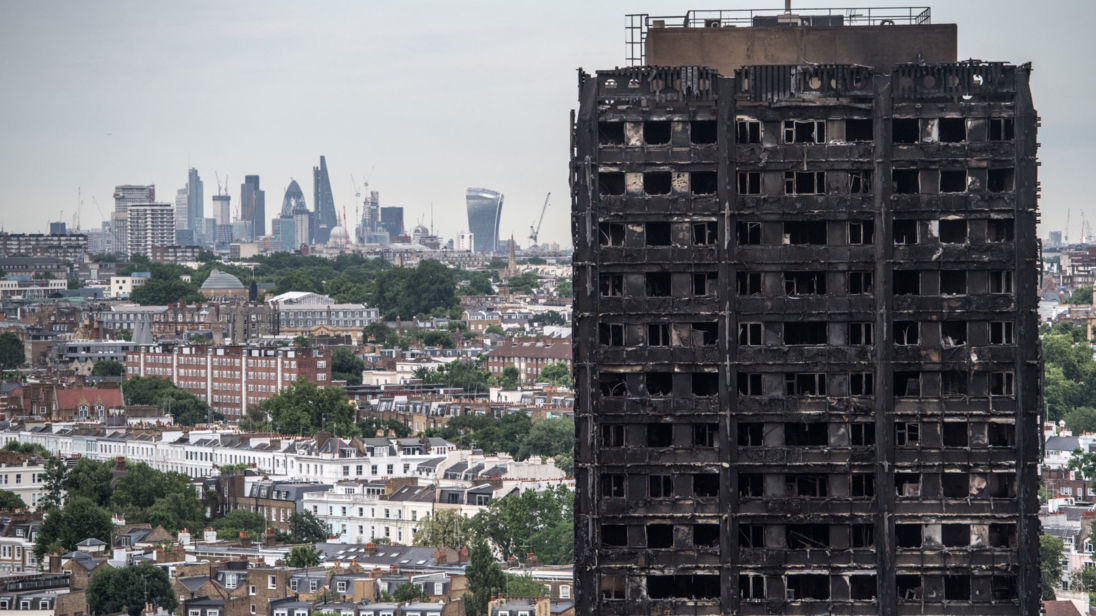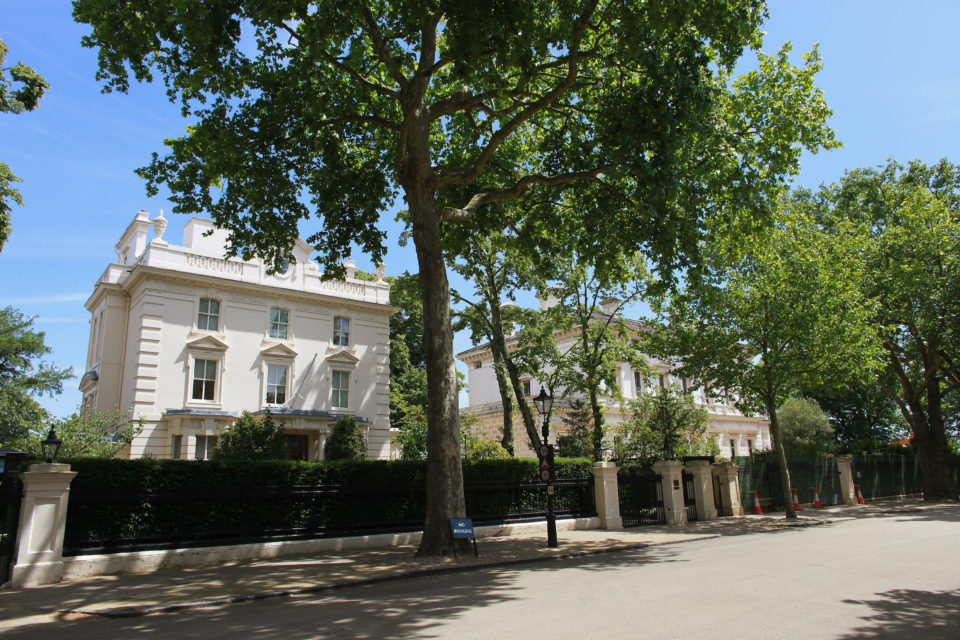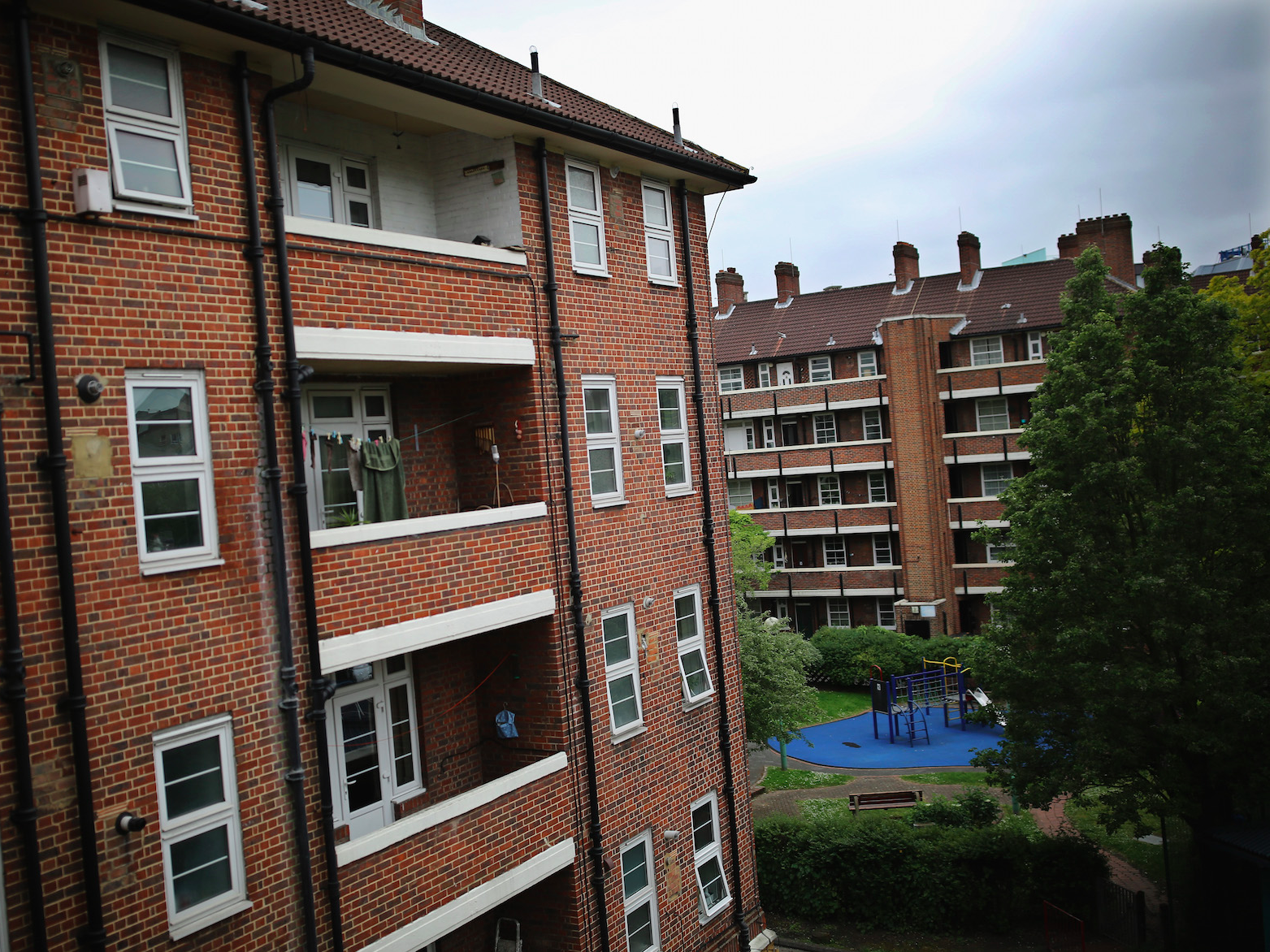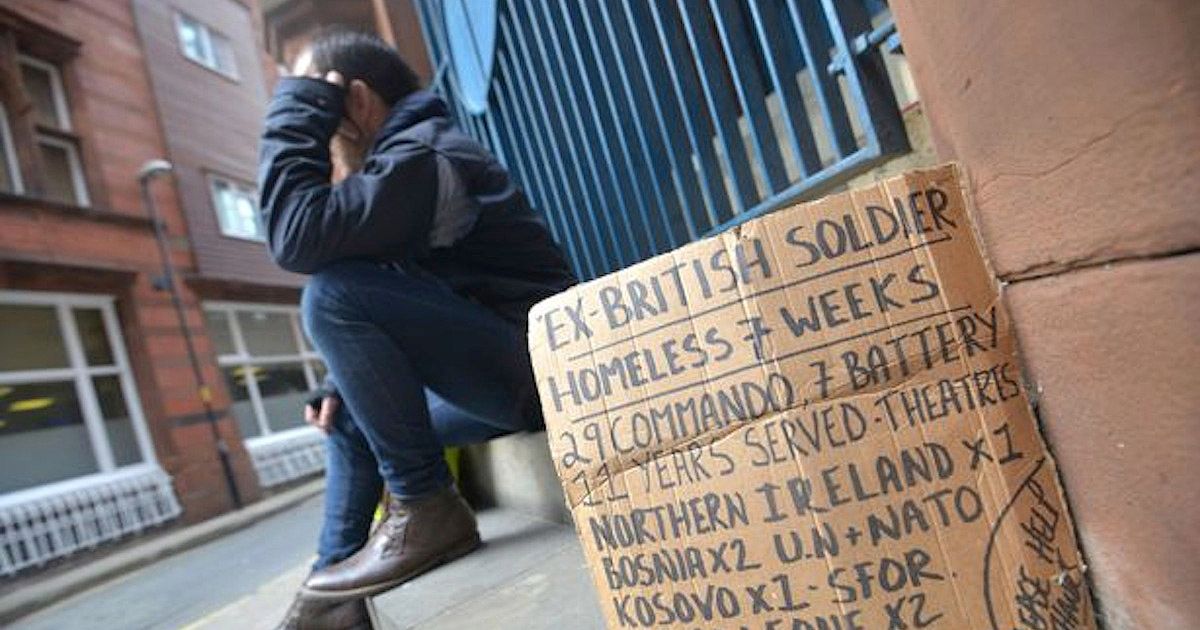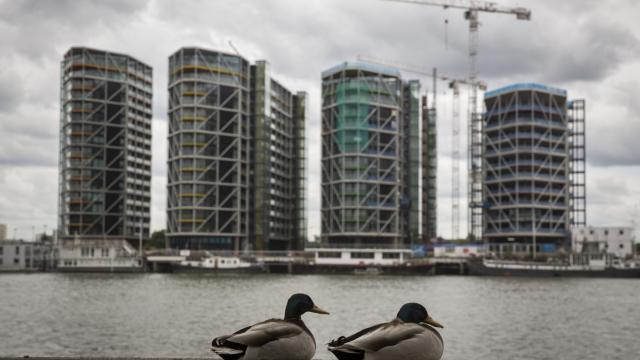
No place is feeling the bite of the UK housing crisis quite as savagely as London. While homelessness, social housing heartbreak and painfully high housing costs reveal the harsh reality of living in Britain’s capital, empty property numbers in London stand at their highest level in 20 years.
Who are the culprits? Many would argue it's the billionaires, whose "land banking" ventures are becoming ever more profitable. At a time when wealthy people purchase property and leave it empty, only to make a huge profit when they sell their investment, ordinary citizens are living in the throes of a 21st century housing crisis that is crippling the capital.
The rise of land banking
Recent government figures show around 1.4 million homes have been lying vacant in the UK for at least six months – the highest level of "spare" homes in two decades.
At the same time, London has witnessed a staggering 456 percent increase in "land banking" over the last 20 years. Kensington and Chelsea – London’s richest borough, where the Grenfell Tower tragedy took place – has the highest number of empty homes.
Land banking in London has long been exploited by the super-rich. In 2014, one-third of the mansions stood empty on Bishops Avenue, a single street in north London that has been dubbed "Billionaires Row," which ranked as the UK’s second most expensive street with an estimated £350 million worth of empty properties.
The famous row of mansions – believed to be owned by members of the Saudi royal family – has stood virtually unused since being bought by investors between 1989 and 1993.
But aside from wealthy investors purchasing expensive homes in London and letting them sit unused, developers are also purchasing land – though not building on it – then selling it for a tidy profit. This land banking cycle has hampered the country’s ability to create affordable homes at a time when Britain, beset by an aging population and rising numbers of immigrants, needs houses more than ever.
A Guardian investigation on land banking revealed that in 2015, developers were sitting on 600,000 plots of land with planning permission. That was four times the total number of homes built during 2016. As the report made clear, the average price of land in Britain with planning permission for housing is around £6 million per hectare – making land banking an extremely lucrative venture.
London’s escalating housing crisis
London’s land banking antics by wealthy investors, many of whom have never had any intention of living in the capital, has many concerned at a time when housing in the capital is seen as increasingly unrealistic.
Robby Du Toit, managing director of the property company Sellhousefast, told Occupy.com that while house prices have risen 259 percent in the past 20 years, wages have only risen 68 percent, leaving homes largely unaffordable for the average earner. According to Du Toit, the average cost of buying a home in London is now 14 times more than the city’s average wage of £33,720 – the highest disparity on record.
Put simply, unless you’re on an eyewatering salary, you can’t afford to buy property in London.
“We know that the capital is becoming more polarised,” Du Toit said. “Numbers of households considered wealthy have shot up and so have households considered poor, leaving a shrinking middle. London is the wealthiest yet most unequal part of the UK.”
Du Toit said that those who come to buy property assets in London nowadays are almost exclusively part of that top 1%.
“It is disgraceful, considering the 170,000 British families in the capital who are living in hostels, B&Bs, and temporary accommodation, unable to afford a home," he added. “Seeing roads like Bishops Avenue, where empty mansions stand side by side makes this inequality far more pronounced."
Homelessness is only getting worse
Amid the rising land banking trend, ever greater numbers of people unable to afford a roof over their head are being forced to sleep on London's streets. The number of homeless residents has risen for a sixth successive year, with London accounting for 23 percent of England’s homelessness.
In June, the housing charity Shelter issued a report warning that 1 million families are at risk of becoming homeless during the next three years. The group said that escalating rent costs, freezes to benefits and a lack of social housing was increasing the evictions and homelessness in the capital.
The Grenfell Tower disaster
The devastating June 14 fire at Grenfell Tower further illustrates the severity of the capital’s housing crisis, as reports show that last month only 14 of the 158 families evacuated from the tower block had accepted temporary accommodation.
Many families are turning down temporary accommodation offers as they want the reassurance of a permanent home after being left “homeless and destitute.” Three weeks following the tragedy, 19 families had yet to receive any housing offer.
The fact that out of all London boroughs, Kensington and Chelsea has the highest number of empty dwellings, with 1,399 reported empty, twists the knife further for those families without access to a home.
Even more implausible is the fact that despite all those homes standing empty in the borough where Grenfell Tower once stood, only one application has been made to re-vacate the empty homes since 2006. That was the year that Empty Dwelling Management Orders were established in the UK, giving local authorities the power to put unoccupied property back into the market as liveable housing.
The refusal by local councils to use similar powers to help solve the housing crisis is “disgraceful," according to Lucy Pendleton, director of James Pendleton estate agent.
“It’s even more disturbing to find that applications have been dropped to zero in London, where the high cost of living and severe, long-standing imbalance between supply and demand makes these powers even more urgent,” Pendleton said.
The requisitioning of empty houses
In the wake of the Grenfell Tower fire, Labour leader Jeremy Corbyn called to seize empty London homes bought by overseas investors and make them available to people made homeless by the fire. During an emergency session of Parliament to address the Grenfell tragedy, Corbyn suggested vacant Kensington properties should be "requisitioned" for the victims.
“Kensington is a tale of two cities. The south part of Kensington is incredibly wealthy, it’s the wealthiest part of the whole country. The ward where the fire took place is, I think, the poorest ward in the whole country and properties must be found – requisitioned if necessary – to make sure those residents do get rehoused,” Corbyn said.
3 WAYS TO SHOW YOUR SUPPORT
- Log in to post comments

